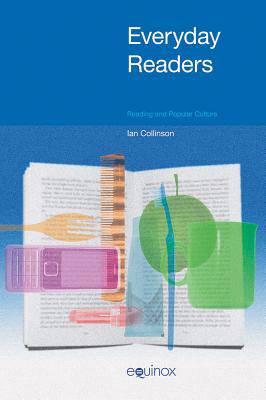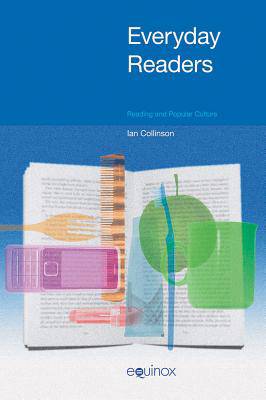
- Retrait gratuit dans votre magasin Club
- 7.000.000 titres dans notre catalogue
- Payer en toute sécurité
- Toujours un magasin près de chez vous
- Retrait gratuit dans votre magasin Club
- 7.000.0000 titres dans notre catalogue
- Payer en toute sécurité
- Toujours un magasin près de chez vous
Description
Offers a response to the question 'what do people do with books?' that goes beyond the narrow perception that reading is solely the consumption of narrative. This title combines different academic approaches (cultural geography and sociology and cultural history) in order to understand the complex nature of readers' encounters with their books.
Spécifications
Parties prenantes
- Auteur(s) :
- Editeur:
Contenu
- Nombre de pages :
- 256
Caractéristiques
- EAN:
- 9781845533557
- Date de parution :
- 31-12-09
- Format:
- Livre relié
- Dimensions :
- 156 mm x 234 mm

Les avis
Nous publions uniquement les avis qui respectent les conditions requises. Consultez nos conditions pour les avis.






